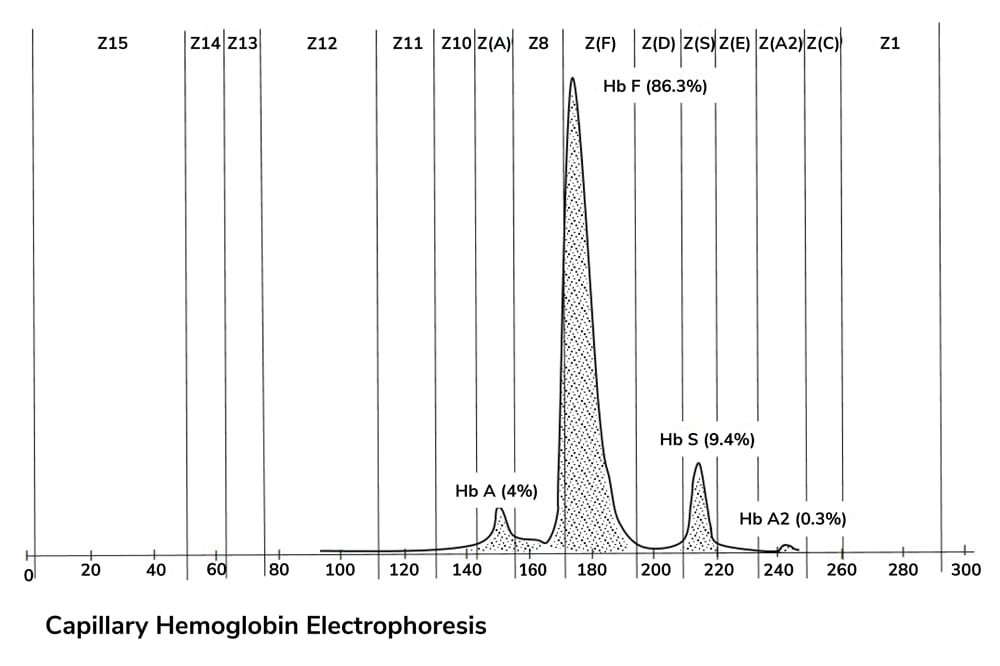
A review in The Lancet examines current evidence on non-celiac gluten sensitivity (NCGS) – a condition where individuals report intestinal or extraintestinal symptoms after consuming gluten, despite testing negative for celiac disease or wheat allergy.
Gluten, found in wheat, barley, and rye, is often implicated, but the precise trigger remains unclear. About 10 percent of adults worldwide self-report gluten or wheat sensitivity; however, only 16-30 percent show reproducible symptoms during controlled gluten challenge studies. Variability in study design, including the presence of fermentable carbohydrates (FODMAPs) in test meals, complicates interpretation.
Current data indicate that FODMAPs and nocebo effects account for symptoms in many cases. As a result, NCGS remains a diagnosis of exclusion, made only after ruling out celiac disease, wheat allergy, and other functional gastrointestinal disorders.
The review emphasizes that no validated biomarkers currently exist for NCGS. This lack of objective diagnostic criteria, along with overlap with disorders of gut–brain interaction, makes clinical assessment difficult.
The authors call for the development of immune, metabolic, and microbiome-based biomarkers to improve diagnostic accuracy and distinguish NCGS from related conditions. Until such tools are available, diagnosis should rely on systematic dietary evaluation, exclusion testing, and ongoing monitoring to ensure nutritional adequacy in patients adopting gluten-free diets.
The review concludes that while the biological basis of NCGS remains uncertain, improving diagnostic precision will require coordinated efforts between clinicians, dietitians, and laboratory professionals.




